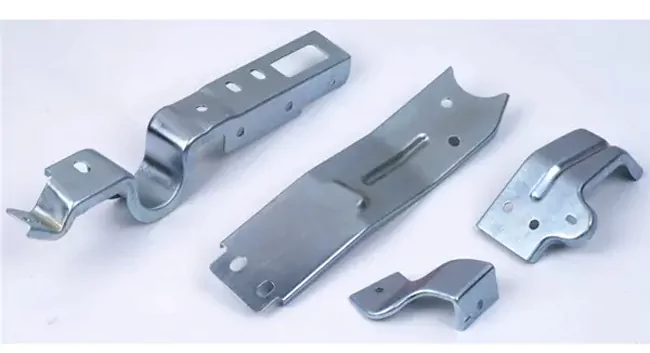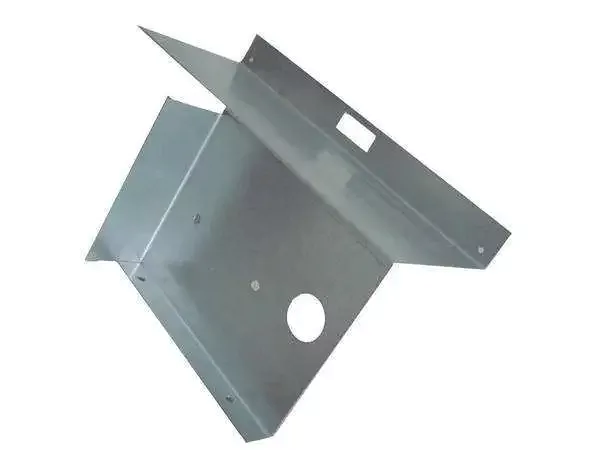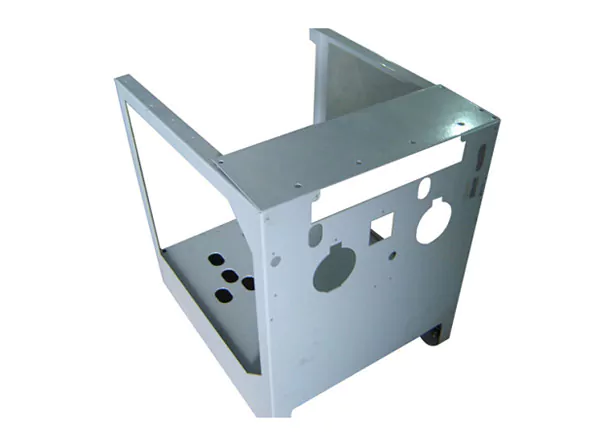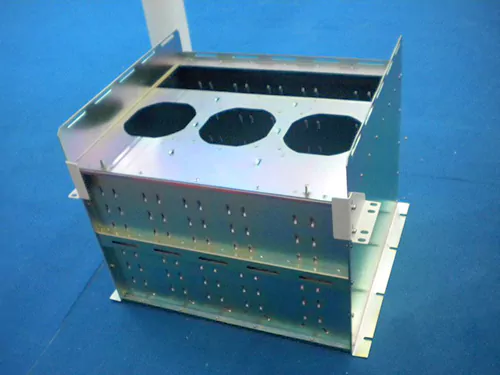Table of Contents
Sheet metal manufacturers in the daily sheet metal processing business, most of them are traditional sheet metal businesses, and occasionally there is some demand for precision sheet metal, precision sheet metal is much higher than conventional sheet metal prices. So, what are the main factors that affect the cost of precision sheet metal processing? Let’s analyze it briefly.
Precision sheet metal is different from traditional sheet metal. It often uses synthetic materials, laser cutting, and precision welding to enhance the strength and density of sheet metal, primarily in aerospace and automobile manufacturing, which impacts the price of precision sheet metal processing.
What is sheet metal precision machining?
Sheet metal precision machining is a comprehensive processing technology, including cutting, stamping, lamination, folding, welding, riveting, splicing, casting, etc., to achieve a precise shape that meets the requirements of use. Sheet metal precision machining technologies include laser cutting, heavy machining, metal linking, metal wire drawing, plasma cutting, precision welding, rolling, sheet metal bending, die forging, water jet cutting, precision welding, etc. It is commonly used to manufacture fine and complex metal parts, and industries such as electronics, electrical appliances, automobiles, aerospace, medical equipment, and construction widely use it.

Features of sheet metal precision processing
1. High precision
Precision machining of sheet metal enables extremely high dimensional accuracy and surface quality and is particularly suitable for manufacturing complex parts and structures. Precision CNC equipment can control errors at the micron level, meeting the strict accuracy requirements of application scenarios such as electronic equipment casings and medical equipment components.
2. Diversity
Sheet metal processing includes cutting, stamping, bending, welding, riveting surface treatment, and other processes. You can flexibly combine different processes according to design requirements to adapt to various complex shapes and functional needs. At the same time, sheet metal processing can handle a variety of materials, such as stainless steel, aluminum, copper, etc., and has strong adaptability.
3. High material utilization rate
In sheet metal processing, manufacturers use thin plate materials and can reduce material waste by optimizing layout and cutting plans. They can also recycle many sheet metal processing scraps, which saves costs and is environmentally friendly.

4. High production efficiency
The use of CNC equipment (such as laser cutting machines, bending machines, CNC punches, etc.) can significantly improve processing efficiency, especially suitable for mass production. The combination of automated equipment and precision tooling enables sheet metal processing to achieve high production speeds while maintaining high precision.
5. Easy to modify and customize
In sheet metal precision machining, we can quickly adjust and optimize the design and process according to customer needs. Through CNC programming and CAD software, we can promptly reflect design modifications in actual production, making it ideal for producing customized products.
6. High structural strength
After proper processing (such as bending and welding), sheet metal parts can maintain high structural strength and stability. In situations where both lightweight and strength are required, such as in the aerospace and automotive industries, sheet metal processing proves to be an ideal choice.
7. Good surface quality
After surface treatments such as grinding, polishing, electroplating, and spray painting, sheet metal parts can obtain excellent surface quality, which not only improves the appearance but also increases corrosion resistance and wear resistance. This makes sheet metal parts also have wide application value in high-end products.

8. Lower cost
Due to high material utilization, high degree of equipment automation, and the ability to achieve mass production, sheet metal precision processing is relatively low-cost in medium and large-scale production. It is suitable for small and medium-sized enterprises in various industries to carry out mass production of high-quality components.
Factors affecting the price of sheet metal precision
1. Materials for precision sheet metal processing
Different processing materials will directly affect the price of sheet metal. Now many precision sheet metal processing uses synthetic materials. These materials are relatively expensive, so the price of precision sheet metal will also rise accordingly.
2. Precision sheet metal processing technology
In the process of sheet metal processing, manufacturers use advanced CNC stamping technology, laser cutting, and other special treatments to improve the precision of sheet metal. These technologies further enhance the precision, but also significantly increase the price.
3. Area of precision sheet metal processing
Now precision sheet metal is mainly based on quality and the area required by customers to maintain a fixed price. The larger the required area, the higher the price.

Conclusion
Sheet metal precision machining is a high-precision, diversified comprehensive processing technology widely used in fields such as aerospace, automobiles, and electronics. Its characteristics include high precision, high material utilization, and easy customization. The cost is influenced by factors such as materials, technology, and processing area. The use of advanced CNC technology and high-quality materials can improve product accuracy and performance, but it also increases costs. In short, sheet metal precision machining improves quality while the cost is high, and is suitable for product manufacturing with strict performance and precision requirements.

